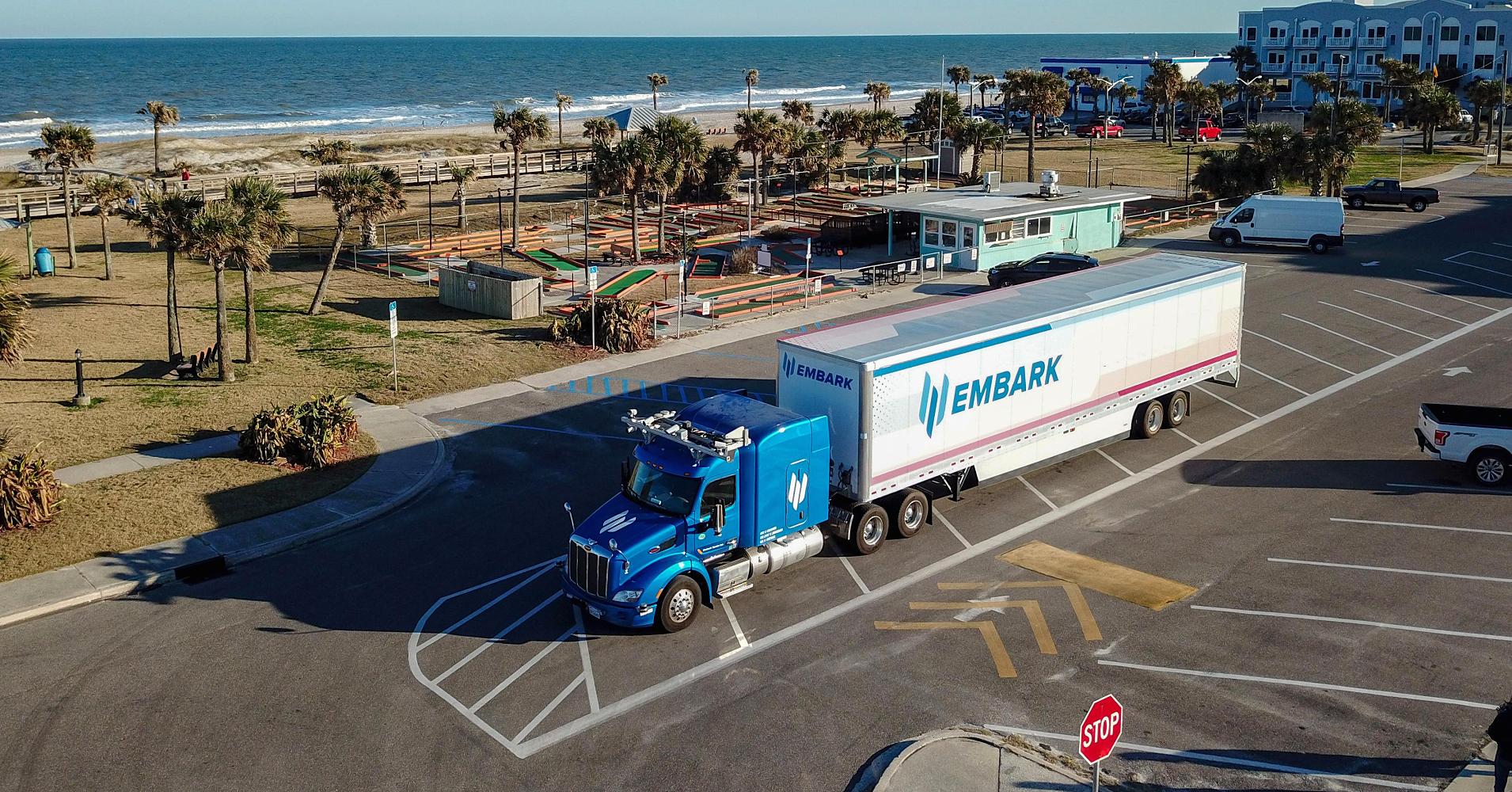Deeper space.




The operators of the first all-electric ferry in Norway are starting to get some good data on the vehicle and it’s nothing short of impressive. They claim that the all-electric ferry cuts emission by 95% and costs by 80% compared to fuel-powered counterparts and the results are attracting customers. The ferry in question is called “Ampere” and it was put into operation back in May 2015 with the aim to reduce NOx and CO2 emissions, as well as noise pollution on the water. It was the result of an extensive partnership between Norled AS, a shipping company and ferry operator, Fjellstrand Shipy…
The capabilities on this thing are both impressive and worrisome.


SAN JUAN, P.R. — They call what they are building Puertopia. But then someone told them, apparently in all seriousness, that it translates to “eternal boy playground” in Latin. So they are changing the name: They will call it Sol.
Dozens of entrepreneurs, made newly wealthy by blockchain and cryptocurrencies, are heading en masse to Puerto Rico this winter. They are selling their homes and cars in California and establishing residency on the Caribbean island in hopes of avoiding what they see as onerous state and federal taxes on their growing fortunes, some of which now reach into the billions of dollars.
And these men — because they are almost exclusively men — have a plan for what to do with the wealth: They want to build a crypto utopia, a new city where the money is virtual and the contracts are all public, to show the rest of the world what a crypto future could look like. Blockchain, a digital ledger that forms the basis of virtual currencies, has the potential to reinvent society — and the Puertopians want to prove it.
This plane will go to space and back in 5 hours.
Elon Musk just pulled off a Steve Jobs-ian “one more thing” surprise. https://bloom.bg/2zaIMum


Imagine a police car that issues tickets without even pulling you over.
What if the same car could use artificial intelligence to find good hiding spots to catch traffic violators and identify drivers by scanning license plates, tapping into surveillance cameras and wirelessly accessing government records?
What if a police officer tapping on your car window asking for your license and registration became a relic of transportation’s past?